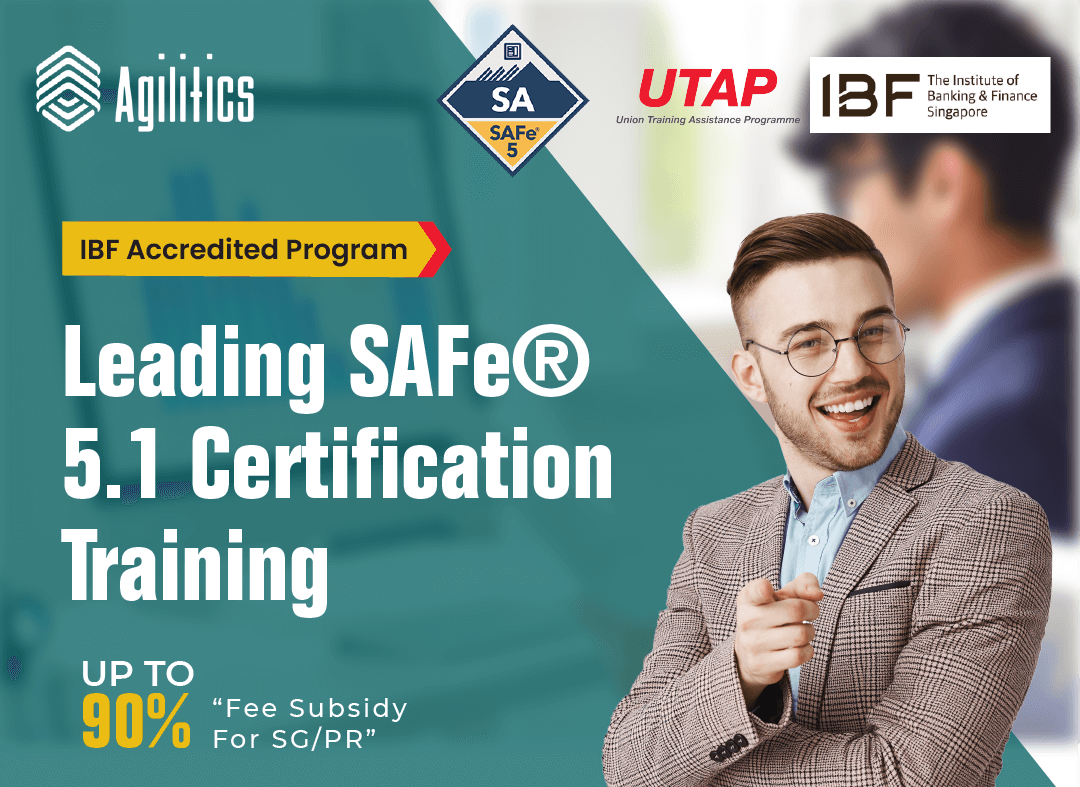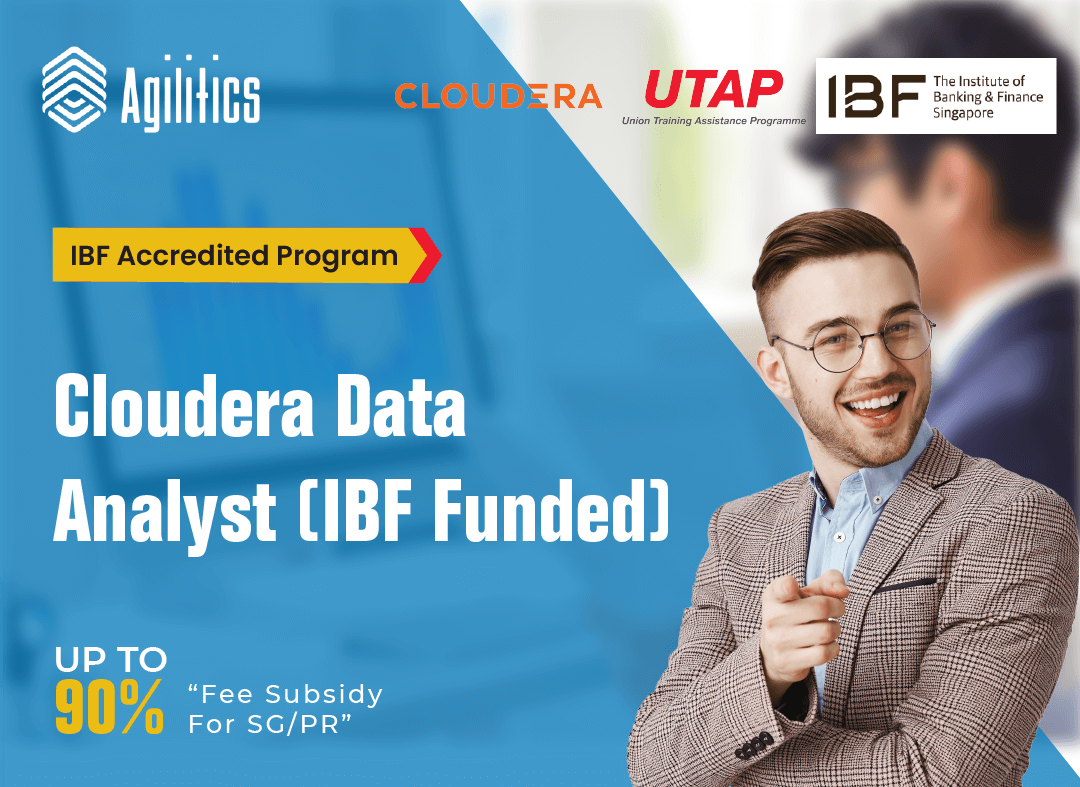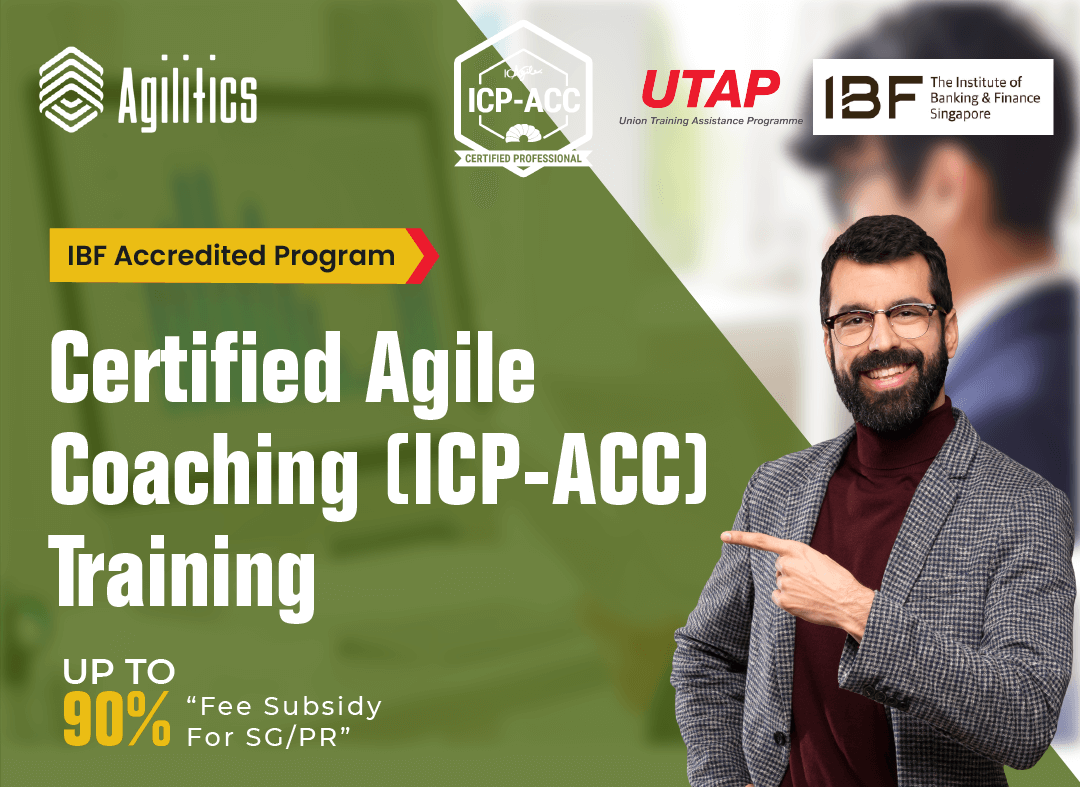
1:1 Coaching
24*7 Support
Cloud Labs
High Success Rate
Globally Renowned Trainer
Real-time code analysis and feedback
Course Description
Learning Objectives
- Gain a thorough understanding of cloud computing and its deployment and service models.
- Learn about the governance, risk management, and compliance (GRC) frameworks pertinent to cloud security.
- Understand the legal and regulatory issues related to cloud computing, including contracts and electronic discovery.
- Master the principles of securing cloud infrastructure, including virtualization, storage, and networks.
- Develop knowledge of data security and encryption techniques to protect cloud data.
- Learn how to implement robust Identity, Entitlement, and Access Management (IAM) in the cloud.
- Explore Security as a Service (SecaaS) offerings and related technologies such as IoT, AI, and blockchain.
- Prepare for the CCSK exam by covering all 14 domains included in the CSA Security Guidance v4, ENISA Cloud Computing Risk Assessment report, and the CSA Cloud Controls Matrix (CCM).
Course Outline
 Cloud Computing Concepts and Architectures:
Cloud Computing Concepts and Architectures:
- Introduction to cloud computing models, architectures, and strategies for cloud adoption.
 Governance, Risk, and Compliance (GRC):
Governance, Risk, and Compliance (GRC):
- Frameworks for cloud governance, risk management practices, and compliance with regulatory requirements.
 Legal Issues, Contracts, and Electronic Discovery:
Legal Issues, Contracts, and Electronic Discovery:
- Legal challenges, data jurisdiction, contractual considerations, and electronic discovery in cloud environments.
 Compliance and Audit Management:
Compliance and Audit Management:
- Managing compliance with industry standards, conducting audits, and addressing regulatory requirements.
 Information Governance:
Information Governance:
- Policies and procedures for effective data management, data lifecycle, and data governance in the cloud.
 Management Plane and Business Continuity:
Management Plane and Business Continuity:
- Securing the cloud management plane and developing business continuity and disaster recovery plans.
 Infrastructure Security:
Infrastructure Security:
- Securing cloud network, virtualization, storage, and physical infrastructure components.
 Virtualization and Containers:
Virtualization and Containers:
- Security considerations and best practices for virtualized and containerized environments.
 Incident Response:
Incident Response:
- Preparing for, detecting, responding to, and recovering from security incidents in cloud environments.
 Application Security:
Application Security:
- Secure software development practices, application security testing, and ensuring the security of APIs.
 Data Security and Encryption:
Data Security and Encryption:
- Protecting cloud data through encryption, access controls, and data protection mechanisms.
 Identity, Entitlement, and Access Management (IAM):
Identity, Entitlement, and Access Management (IAM):
- Managing identities, access controls, and entitlements within cloud services.
 Security as a Service (SecaaS):
Security as a Service (SecaaS):
- Leveraging cloud-based security services to protect cloud environments effectively.
 Related Technologies:
Related Technologies:
- Understanding the security implications of emerging technologies such as IoT, AI, machine learning, and blockchain.
Prerequisites
• Basic understanding of IT security concepts.
• Familiarity with core cloud computing concepts and technologies.
Download Brochure
Join now for Certificate in Cloud Security Knowledge (CCSK) v5 and gain the knowledge and skills of fundamentals of cloud computing, digging into the details of securing the core infrastructure for cloud computing. Download the brochure and check the different focus areas that are covered within these three days of training.
Certification Assessment
When you complete all of the Certificate in Cloud Security Knowledge (CCSK) v5 course in the program, you’ll earn a Certificate to share with your professional network as well as unlock access to career support resources to help you kickstart your new career. Many Professional Certificates have hiring partners that recognize the Professional Certificate credential and others can help prepare you for a certification exam.
- High Success rate
- Join Our Dynamic Community
- Training from Recognized Trainer
- Post-workshop support by the Coaches
Testimonials
Our clients praise us for our great results, personable service, expert knowledge, and on-time delivery. Here are what just a few of them had to say:
Funding & Price Chart
| Individual / Company Sponsored | |||
| Singaporeans age 40 and above (70% funding) | Singaporeans age below 40 and all PRs (50% funding) | (No Funding) | |
| Full Course Fee before GST | $2,500.00 | $2,500.00 | $2,500.00 |
| 9% GST | $225.00 | $225.00 | $225.00 |
| Total Course Fee | $2,725.00 | $2,725.00 | $2,725.00 |
| Net Fee Payable | $2,725.00 | $2,725.00 | $2,725.00 |
Note : PSEA in case of Students up to the age of 25 years, Skills Future Credit to qualifying individuals of age 25 and above and UTAP for working individuals who are NTUC members apply to the Net Fee Payable, as applicable.
Frequently Asked Questions
Training FAQs
As a response to the COVID-19, we have moved our classes online. Our Live Virtual format delivers the same benefits as our face-to-face training: expert instruction, hands-on labs and exercises, peer-to-peer collaboration, and high-quality instructional material.
Cancellation requests received within 24 hours of registration would be offered a full refund (minus payment gateway charges), please reach out to our support team through drop a refund request to enquiry@agilitics.sg. Visit our page for more details about Cancellation & Refund Policy.
The process of enrolling for this classroom training is simple. The payment can be made through different options by using a debit/credit card which includes MasterCard, Visa Card, American Express or through PayPal. Acknowledgment will be issued automatically via email to the candidates once payment is done.
Payment can be made via credit card, debit card, UPI, and internet banking.
Please send in an email to enquiry@agilitics.sg, and we will answer any queries you may have!
IBF Accredited Programmes
The IBF is an independent quality assurance framework benchmarked under industry standards to get the finance practitioners future-ready by strengthening their financial capability and industrial skills.
The IBF financial training scheme provides funding for training and assessment programmes specifically to enhance the underlying competencies of the workforce in the financial/tech sector.
Training allowance grant supports banking, financial services and insurance organizations to provide industry-standard training with a focus to upgrade the skills of their employees.
You can avail of more information about the IBF course and training programs here.
The financial Institutions and fin-tech firms regulated by the Authority of Singapore can avail the benefit of course fee subsidy.
Singapore residents and permanent residents can claim upto 90% subsidy. Participants need to pay only 5% + GST to attend the training.
UTAP Funding
The UTAP (Union Training Assistance Program) is a benefit provided to NTUC members for encouraging professional upskilling at a minimal cost.
Singapore citizens and permanent residents can avail of UTAP support who are NTUC members.
UTAP provides upto 50% support of the course fee. It provides $250 for participants under 39 years and $500 for participants above 40 years.
Login to NTUC to submit your application to claim UTAP support. You can also reach out to us @ for further support.
UTAP funding can be claimed after the completion of the course only.
SkillsFuture Credit
SkillsFuture Credit is an initiative by the Singapore government to defray the training costs to encourage upgradation of skills specifically for finance/tech professions.
All Singaporeans aged 25 and above can avail of the benefit of SkillsFuture Credit. For more information, click here.
No, the small/medium sized enterprises cannot apply for SkillsFuture Credit since it is provided only to individuals.
No, SkillsFuture is not a cash account, it can be used only to offset course fees of completed training courses approved by SkillsFuture. Therefore you do not earn any interest from it.
The course fee of the training program is directly paid to the course provider through MySkillsFuture and you can avail directly from them.
You can login to MySkillsFuture, select the course and enter the details, enter course fee to be paid including GST and put the amount to be claimed. Upload invoice and click submit.






